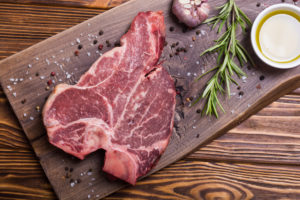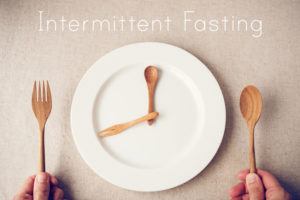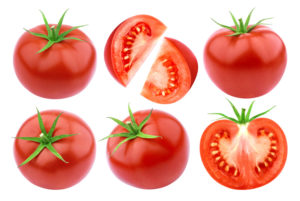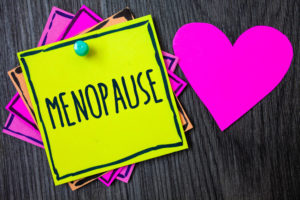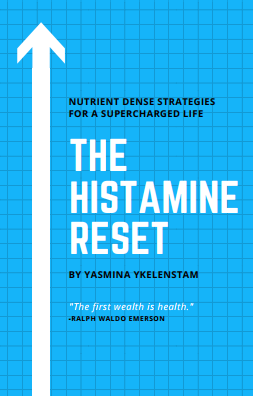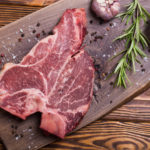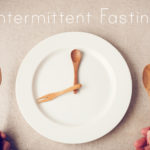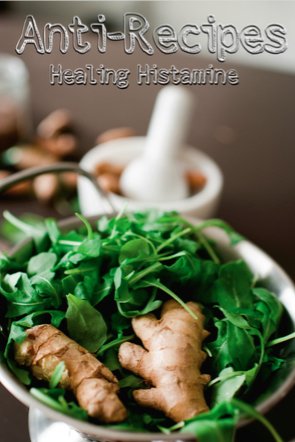
It’s a question most of us diagnosed with histamine intolerance have asked ourselves at some point (if not obsessively, all the time): am I dealing with something else? Something like a mast cell activation disorder, or mastocytosis.
Immunologist, nutritionist and pioneering histamine researcher Dr Janice Joneja was kind enough to share her view on it.
Watch the video or read the transcript below.
Yasmina
Let’s say we suspect we have histamine intolerance and then have it confirmed, at what point to we decide whether to seek further clarification and investigation into whether it’s a mast cell disorder or not?
Dr Janice Joneja
That’s something that at the moment is difficult even in clinical practice. That’s because at least in North America and to some extent in the UK, neither condition is well understood. There’s a lot of questions around it, especially histamine intolerance, is it real, is it something we should be looking at, but it’s not in our medical literature to the extent that we feel that we should have it in clinical practice. On the other hand, mastocytosis and mast cell disorders, I should put it that way because, mastocytosis has about 10 different subtypes, more and more immunologists and haematologists are becoming quite knowledgeable in that condition. Tryptase levels for example are becoming more tested in labs generally. It’s much more recognised as a disease entity.
On the other hand histamine intolerance is very obvious to anyone who has it and certainly for us who work in the field constantly, because the symptoms are so clear and it responds so well to a histamine restricted diet for example, whereas someone with mastocytosis will not respond to that degree, because histamine is only one of many mediators released in mast cell disorders. So a histamine restricted diet alone will not give the response one would see with a diamine oxidase deficiency, which would be what one would look for in a histamine sensitive person.
Of course, both conditions can appear together, but very rarely, because mastocytosis itself is a rare disease and to have that plus a diamine oxidase deficiency that is often inherited, is a very rare combination.
Yasmina
What I am finding is that, as you say, is not many people with mastocytosis who have concurrent diamine oxidase deficiency, but they’re living in the united states where they don’t actually test for DAO, especially in those with mastocytosis. I am finding that people who have been diagnosed with mast cell activation syndromes and disorders were initially diagnosed with histamine intolerance. So at what point do you think that someone who has been diagnosed with, or suspects histamine intolerance, should potentially seek further diagnosis. I mean obviously we don’t want people to be worried, because with histamine intolerance it usually goes undiagnosed for quite some time, during which we’ve been told we’re either imagining things…
Dr Janice Joneja
(Laughing) Oh yes! Of course – well it is all in your head because histamine is a neurotransmitter, so yes it is…physiologically all in your head, but not psychologically! (Read about the anxiety/histamine link here.)
Yasmina
Initially, in my case, I improved on a low histamine diet and then I had a kind of relapse, which I now know is happening to many others who have histamine intolerance. Often people just think they’re not doing the diet right, which is a possibility – I mean a lot of people who write or consult with me think they’re doing it right, and they aren’t doing it as well as they could. So in my case when I found that I relapsed again, I decided to seek clarification. But at the end of the day the diet just needed to be tweaked a little to add more antihistamine and anti-inflammatory foods because as you said, mast cell disorders are so much more than just histamine.
Dr Janice Joneja
Oh yes, histamine is only one mediator in mast cell disorders and in the degranulation of mast cells you have leukotrines, prostaglandins, chemotaxins, cytokines you know there’s a whole list of mediators that are going to act on body systems.
Yasmina
Exactly, and the great thing is that they too can be addressed through diet.
(Read more about how foods can help resolve these kinds of inflammation. Or check out the Anti-cookbook for a six page list of high nutrient antihistamine and anti-inflammatory foods.)
You know, mangosteen for prostaglandins, I think it was cucumbers for leukotrines, but in any case, yes, the point is that diet works for most disorders, at least it’ll get the body functioning more normally. So, so you think it’s a good idea to go into further testing at some point if one isn’t improving on a low histamine diet?
Dr Janice Joneja
I think that is wise, I really do. And now it’s not difficult to find practitioners who will look for mast cell disorders, especially in the United States. Unfortunately, in Canada though we do have people who are very known for mastocytosis diagnosis and other mast cell disorders, but what we see, that’s been reported to me, is that the general practitioners aren’t that knowledgeable, and they don’t necessarily discourage it, but they don’t take it quite as far as they should.
Yasmina
I’ve definitely heard cases of them discouraging it!
Dr Janice Joneja
(Laughing) I didn’t want to be too unkind!
Yasmina
So, let’s say, how long would we expect to be on the low histamine diet before we see an improvement? Actually though, let’s talk about this too: is it realistic to expect a complete resolution of symptoms on a low histamine diet if you have histamine intolerance?
Dr Janice Joneja
Some people do find that definitely. It depends on, much like in lactose intolerance, how much of the enzyme the body is still producing. Of course everybody is different, which means that some might be producing quite a bit but not quite enough to stay below the top of their bucket for example. They still need to stay on that diet.
We also find that of course that in times when histamine is being released because of allergy, then the low histamine diet won’t keep them below the top of their bucket. Because let’s say it’s pollen season for them, and they’re having rhinitis and all kinds of histamine symptoms, their body is producing and releasing a lot more histamine, and so o keep themselves below the top of their bucket is going to be much more difficult, and perhaps the diet won’t do it at that point.
Yasmina
That’s an excellent point! I tell people all the time, watch your stress levels.
Dr Janice Joneja
Oh yes stress definitely! I don’t think people recognise that enough, because the stress, the hypothalamic/pituitary/adrenal axis which is where we go around in the stress response cycle: cortisol levels, release of histamine at each of the sites of the cycle for example, definitely a very important fact.
Don’t forget to sign up to my newsletter to be the first to know when registration opens up for webinars, histamine wellness retreats and workshops in Europe and the United States, to get great freebies like antihistamine and anti-inflammatory recipes and lifestyle tips.
The Anti-cookbook, while it doesn’t treat any conditions, due to its high nutrient, antihistamine and anti-inflammatory ingredients, has been instrumental in helping me feed myself on a limited diet. It features a six page list of antihistamine and anti-inflammatory foods. It comes in regular and Paleo.
The Low Oxalate Cookbook features antihistamine and anti-inflammatory rich recipes.
Don’t miss the Low Histamine Beauty Survival Guide for non-toxic beauty tips, the skinny on histamine releasing (mast cell degranulating) beauty ingredients, antihistamine and anti-inflammatory beauty alternatives and the top brands natural brands I’ve found.
Take a peek at my other low histamine and antihistamine cookbooks for more high nutrient recipes.
If you’ve found this information useful I’d appreciate your support (at no extra cost to you!) – please check out my online store for your health foods, supplements, kitchen items and beauty product purchases. Affiliate sales through my online store go towards maintaining the website, funding travel to interviews and purchasing all the lovely foods for my free online recipes. You’ll find these items in the “Shop with us” drop down menu on my homepage.
Please don’t forget antihistamine, pain killing foods can still hurt us, so please always check with your doctor before adding new foods to your diet.


